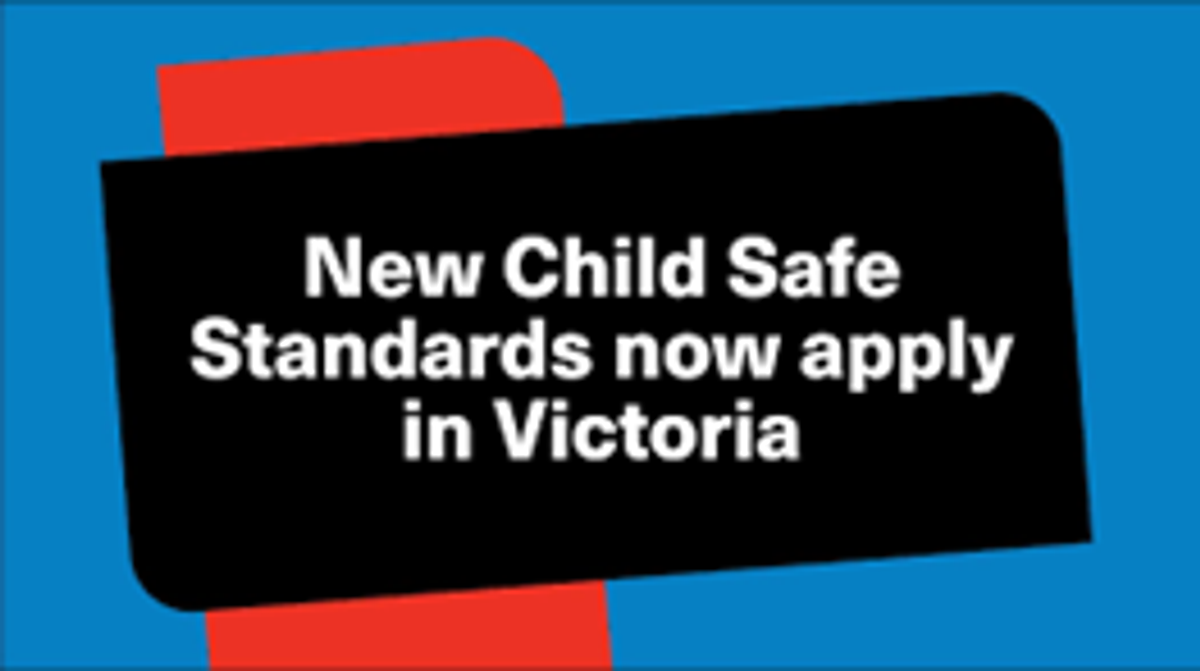KSC POLICIES

Anaphylaxis, Asthma & Diabetes
Dear Parents, Carers and Students
With the year coming to an end, now is a perfect time to organise and send an updated plan.
Anaphylaxis
Anaphylaxis is a severe allergic reaction that occurs after exposure to an allergen. The most common allergens for school-aged children are nuts, eggs, cow’s milk, fish, shellfish, wheat, soy, sesame, latex, certain insect stings and medication.
Parents and carers must:
- obtain an ASCIA Action Plan for Anaphylaxis from the student’s medical practitioner and provide a copy to the school as soon as practicable
- immediately inform the school in writing if there is a relevant change in the student’s medical condition and obtain an updated ASCIA Action Plan for Anaphylaxis
- provide an up-to-date photo of the student for the ASCIA Action Plan for Anaphylaxis when that Plan is provided to the school and each time it is reviewed
- provide the school with a current adrenaline autoinjector for the student that has not expired;
- participate in annual reviews of the student’s Plan.
Action Plans:
Anaphylaxis Anapen
Anaphylaxis EpiPen
Asthma
Asthma is a long term lung condition. People with asthma have sensitive airways in their lungs which react to triggers, causing a ‘flare-up’. In a flare-up, the muscles around the airway squeeze tight, the airways swell and become narrow and there is more mucus. This makes it hard to breathe. An asthma flare-up can come on slowly (over hours, days or even weeks) or very quickly (over minutes). A sudden or severe asthma flare-up is sometimes called an asthma attack.
Parents and carers must:
- provide the school with an Asthma Action Plan which has been completed by the student’s medical practitioner. The plan must outline:
- the prescribed medication taken by the student and when it is to be administered, for example as a pre-medication to exercise or on a regular basis
- emergency contact details
- the contact details of the student’s medical practitioner
- the student’s known triggers
- the emergency procedures to be taken in the event of an asthma flare-up or attack.
All students diagnosed with asthma are required to have a student asthma kit at school which contains:
- their own prescribed reliever medication labelled with the student’s name
The most common plan is the puffer and spacer plan. This is the correct plan if your child uses a blue/grey reliever puffer.
Diabetes
Diabetes is a serious complex condition which can affect the entire body. Diabetes requires daily self-care and if complications develop, diabetes can have a significant impact on quality of life and can reduce life expectancy. While there is currently no cure for diabetes, you can live an enjoyable life by learning about the condition and effectively managing it.
There are main types of diabetes; all types are complex and serious. The three main types of diabetes are type 1, type 2 and gestational diabetes.
Parents and carers must:
- provide the school with a Diabetes Action Plan that is completed and signed by the hospital treating team responsible for the student’s diabetes care before being provided to the school by the student’s parents or carers.
Note: A KSC student health support plan is also required, one of our staff members will contact you to discuss and complete this together once your relevant action plan has been received.
For more detail, our Policies can be found on our website or via using the following link: http://www.korumburrasc.vic.edu.au/wordpress/index.php/forms/
Child Safety and Wellbeing at Korumburra Secondary College:
INFORMATION FOR FAMILIES AND THE SCHOOL COMMUNITY
The Victorian Government has announced new Child Safe Standards to further strengthen child safety across organisations, including schools. The new standards recognise the critical importance of families and the broader school community in maintaining and promoting child safety and wellbeing.
Korumburra Secondary College has reviewed and updated our child safety policies and procedures to ensure they meet the requirements of the new standards. These are available to view on our school's website at -
http://www.korumburrasc.vic.edu.au/wordpress/index.php/forms/
We are committed to continuous improvement in our approach to child safety and wellbeing and welcome feedback from families and members of our school community on ways we can further strengthen our child safety policies, procedures and practices.
If you have any suggestions, comments or questions, please email attention: TSL Leader at korumburra.sc@education.vic.gov.au

